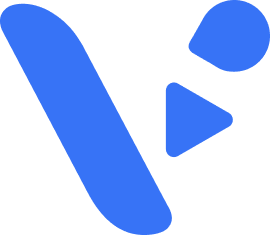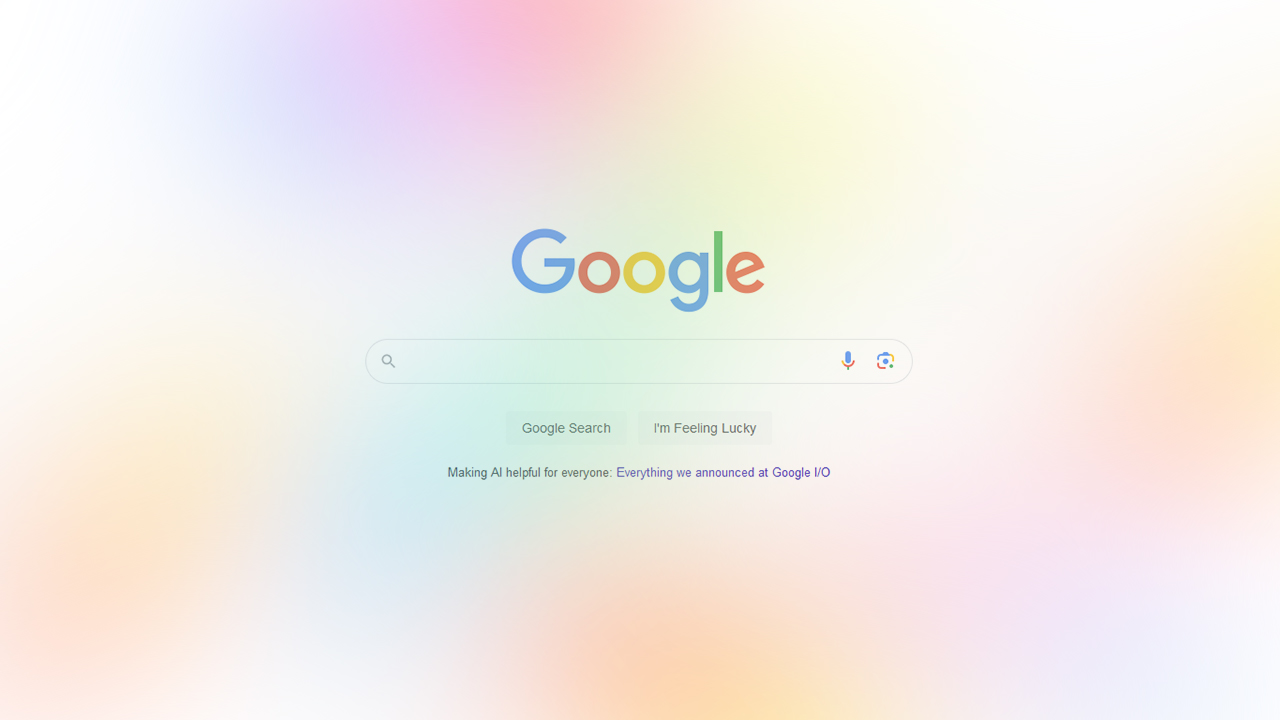Google I/O 2024 showcased a plethora of innovative advancements, particularly focusing on artificial intelligence (AI). This year’s conference was a significant event for businesses, with announcements focused largely on AI.
Google Gemini: The Next Frontier in AI?
Google released a flurry of news at this year’s I/O event, most of which, unsurprisingly, had to do with AI. Below is a little sneak peak of the future of Gemini – and beyond.

Gemini 1.5 Flash and Pro
Google introduced the Gemini 1.5 Flash model, a faster and more cost-efficient alternative to Gemini 1.5 Pro. Both models have significant improvements in translation, reasoning, and coding capabilities. The context window for Gemini 1.5 Pro has doubled to 2 million tokens, enhancing its ability to process larger bodies of information. This development promises to improve productivity in data-intensive tasks, making it easier for businesses to handle complex documents and large datasets efficiently.
From Gemini to Gems
Google also unveiled Gems, a feature within the Gemini platform that allows users to create custom chatbots tailored to specific needs. This enables users to program their own versions of Gemini by providing detailed instructions on desired behaviors and specializations. For instance, businesses can develop chatbots for customer service that provide consistent, on-brand responses, or personal assistants that deliver daily motivational messages and fitness plans. This is similar to OpenAI and their GPTs.
Integration with Google Workspace
Gemini 1.5 Pro will integrate into Google Workspace, enhancing tools like Docs, Sheets, Slides, Drive, and Gmail. This integration will transform Workspace into a more intelligent assistant, capable of summarizing meetings, writing emails, and fetching information across documents seamlessly. For enterprises, this means streamlined workflows and improved collaboration.
Gemini Nano and Mobile Capabilities
Google’s Gemini Nano model, designed for smartphones, now includes multimodal capabilities, allowing it to understand text, images, and spoken language. This integration into Android phones will provide users with a more intuitive and interactive experience, enhancing mobile productivity tools.
Project Astra: The Future of AI Assistants
Google’s Project Astra aims to create a versatile virtual assistant capable of performing tasks through device cameras and remembering users’ contexts. Astra certainly has the potential revolutionize how businesses interact with AI by providing a more personal and efficient assistant. However, the true test lies in its ability to handle diverse real-world tasks, such as scheduling meetings and managing daily operations.
Google Search: Now With (More) AI
Though banal to say, Google remains the sovereign of search engines. However, as with many other fields, AI seems poised to completely change the way search works – for the better and the worse. Here’s what the company is cooking up for their new search experience, as discussed at Google I/O 2024.

AI Overviews and Search Generative Experience
Google’s Search Generative Experience (SGE) is now available to all U.S. users, providing AI-generated overviews at the top of search results. This feature enhances user experience by offering concise, relevant answers, potentially increasing user engagement and satisfaction. For businesses, this could mean more targeted and efficient search results, aiding in quicker decision-making processes.
AI-Organized Results
Google introduced AI-organized search results, initially rolling out for English-language searches related to dining, recipes, movies, music, books, hotels, and shopping. This functionality will help businesses and consumers find information more efficiently, improving user experience and driving traffic to relevant sites.
Veo: Advancements in Text-to-Video Generation
Google’s new AI model, Veo, can generate high-quality 1080p videos based on text, image, and video prompts. This technology allows for the creation of videos in various styles, offering more control over the final output. Enterprises can leverage Veo to enhance their marketing efforts, create engaging content, and improve customer interactions through visually appealing media. This feature is similar to OpenAI’s recently announced Sora tool.
Obviously, all of us here at Visla are very excited about this update. As we’ve explained before, we’re excited about any development in this space and our platform can work in harmony with these kinds of tools. Theoretically, a tool like Veo can generate videos and Visla can take those generated videos and put them together and allow users to easily edit the entire project.
Other Updates
As always, Google has also announced a whole additional slate of new and upcoming features and tools. Below are the remaining announcements from Google I/O 2024.
SynthID: Expanding AI Watermarking
Google’s SynthID technology, which watermarks AI-generated content, now includes text and video modalities. This expansion aims to ensure the authenticity and integrity of AI-generated media, crucial for maintaining trust in digital content. Businesses can potentially use SynthID to protect their proprietary content and maintain brand credibility.
Enhanced Security and Privacy Features
Google announced several new security features for Android, including live threat detection and enhanced safeguards against malicious apps and screen sharing. These improvements ensure better protection of sensitive data, a critical concern for enterprises managing large volumes of personal and financial information.
Google Maps: Geospatial AR and Enhanced Navigation
Google Maps will soon feature geospatial augmented reality (AR) content, initially launching in Singapore and Paris. This new layer of content allows users to access AR experiences by searching for locations on their phones. For businesses, this means new opportunities for marketing and customer engagement through immersive AR experiences.
Wear OS 5: Improved Performance and Battery Life
The new Wear OS 5, the version of Android for smartwatches, focuses on better battery life and performance improvements, including more efficient workout tracking. Developers also receive updated tools for creating watch faces and building watch apps. These enhancements will benefit enterprises by providing better tools for employee health and productivity monitoring.


Leave a Reply
You must be logged in to post a comment.